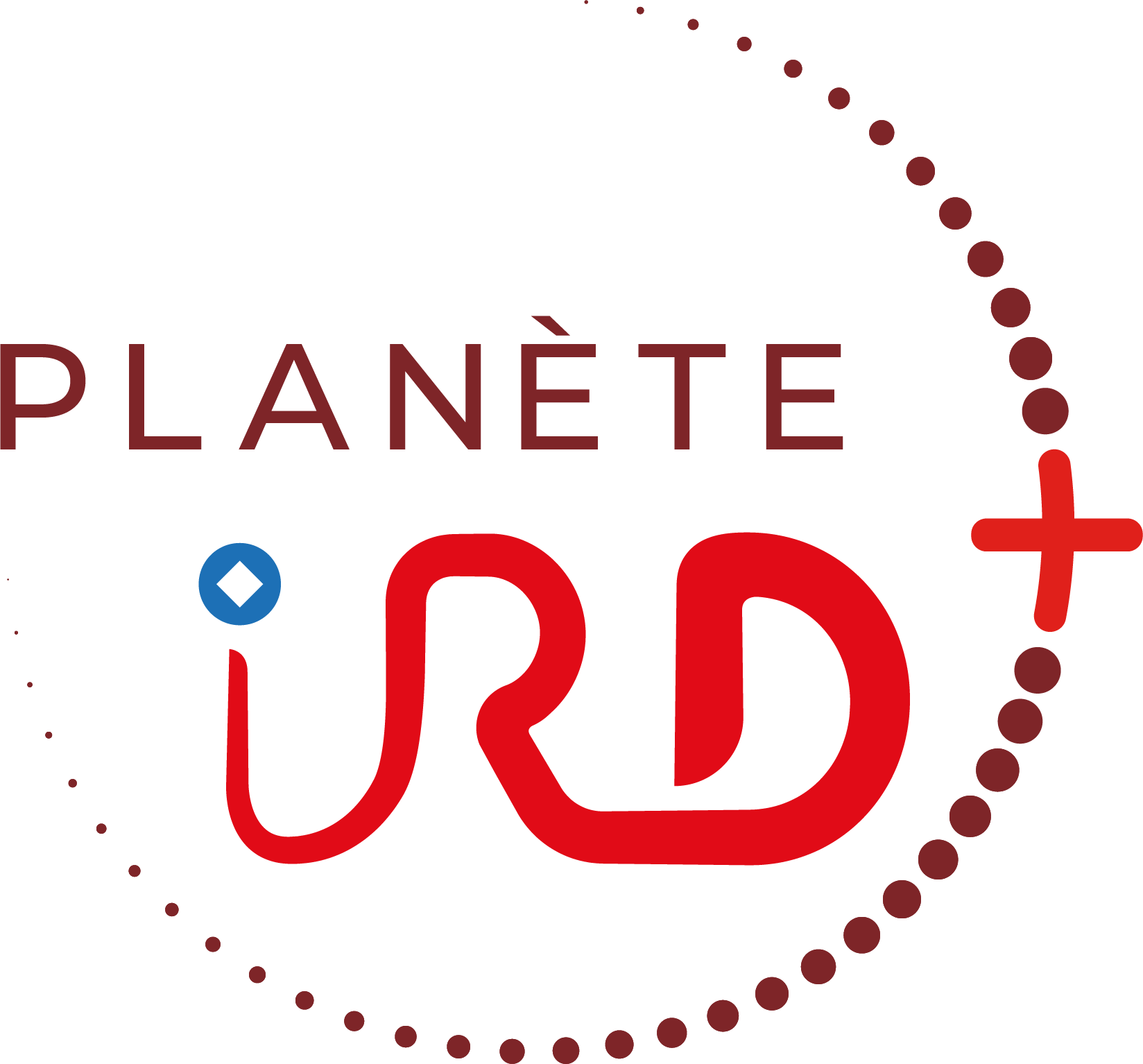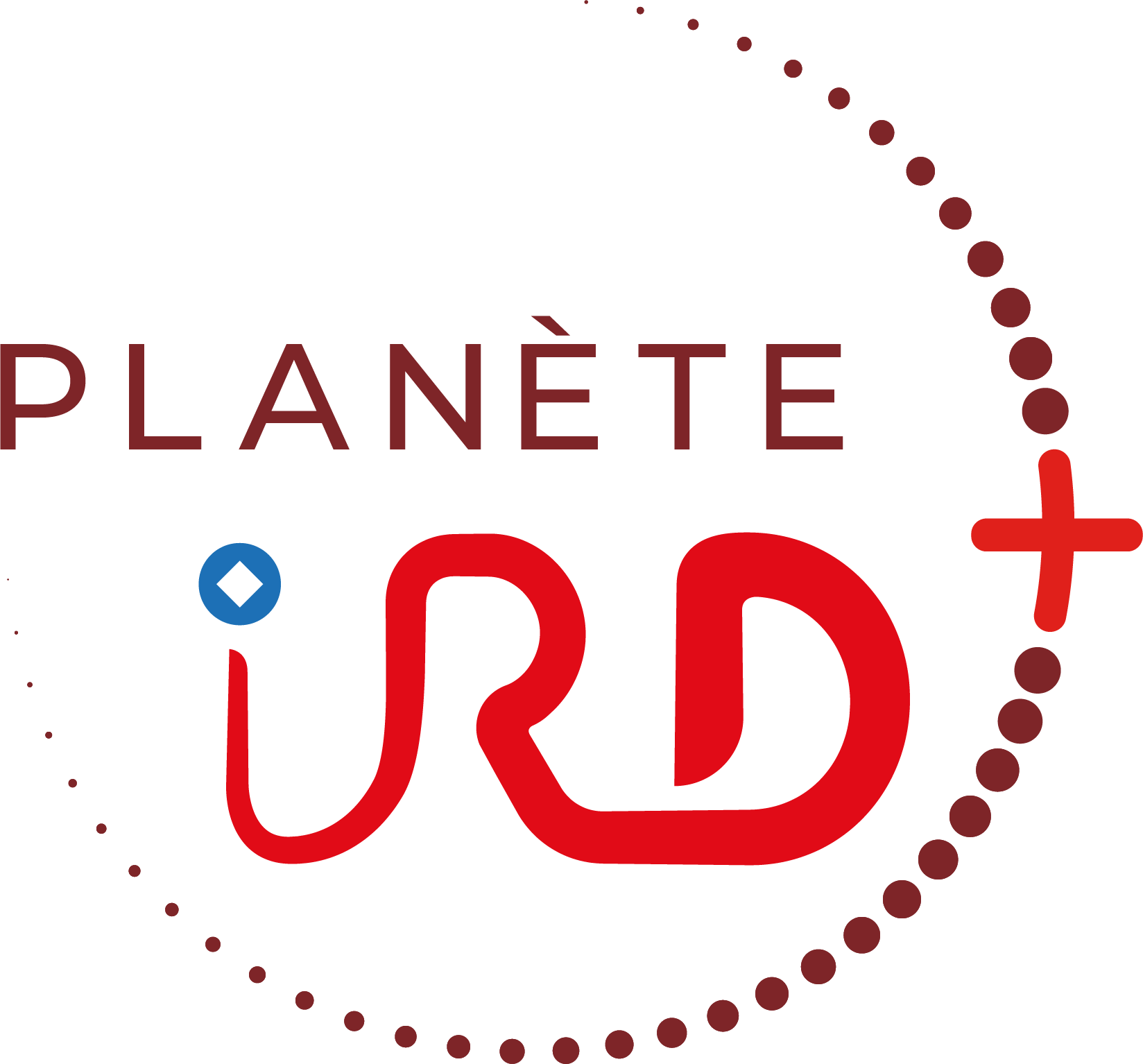News
2025-553 : Researcher in computational ecology and evolution F/H
08 October 2025
IRD News
Field / profession : SCIENCE - Chercheurs-es/Chercheurs-es
Position open to :: Contract workers
Job description :
EVOLUTION - DATA SCIENCE - MODELING AND DEEP LEARNING Background and Objectives Understanding how microevolutionary processes shape biodiversity in Amazonian forests remains one of the central questions in ecology and evolution, as it underpins our ability to predict species responses to climate change and anthropogenic pressures. Palms are very abundant and often hyper-dominant in Amazonian forests, making them a key group in these ecosystems. Used since pre-Columbian times for food, fiber and medicinal purposes, they are both culturally important and economically valuable, and are biological indicators of pre-Columbian landscapes. The ERC-funded DOPAMICS project aims to disentangle the respective contributions of climate adaptation and ancient human activities (landscape management, domestication) to the genomic and phenotypic diversity of five Amazonian palm species, in order to shed light on the evolutionary history of Amazonian forests and their future resilience. Your mission Under the supervision of Louise Brousseau, coordinator of the DOPAMICS project, you will be responsible for Work Package 4 (WP4), which aims to integrate the heterogeneous data acquired during Work Packages 1 to 3, and to decipher the relationships between genome and phenotype, in close collaboration with a PhD student working on genomic diversity and microevolutionary history (WP3). Your activities will include: Integrating the heterogeneous data (genomic, phenotypic, environmental) generated by the project. Performing GWAS to identify loci associated with phenotypic traits (biomechanics and metabolomics). Estimating the effect size of identified loci and quantifying the genetic component of phenotypic variation. Developing Bayesian models and/or deep learning approaches to predict phenotypic variation from multi-source data. Develop predictive models to predict changes in the genetic diversity of palm populations under the impact of climate change and anthropogenic pressures. This position will offer you a unique opportunity to work at the interface between evolutionary genomics, quantitative genetics and computational biology, while contributing to a better understanding of Amazonian biodiversity and its resilience in the face of global change.
You have developed the following skills: Solid knowledge of evolutionary ecology, population genetics, quantitative genetics. Solid knowledge of data analysis, biostatistics, ecological modeling and data visualization. Experience in GWAS, Bayesian modeling and/or machine learning applied to biological data. Programming skills (R, Python) and management of large-scale omics datasets. Publications in the field. Knowledge of or interest in tropical biodiversity. Languages: French, English level B1-B2. You have the following human qualities: Good organizational skills, autonomy and initiative. Taste for teamwork and interdisciplinary collaboration. Strong motivation to work in French Guiana and take part in scientific outreach activities with the general public. Scientific curiosity and critical thinking. You have a level 8 diploma in evolutionary genomics, quantitative genetics, computational biology or equivalent field. Application dossier Up-to-date CV. List of publications. A cover letter describing your motivations and research experience (one page only). One or two letters of recommendation with full contact details. By submitting their contact details, you agree to us contacting your references during the selection process.
Position open to :: Contract workers
Job description :
EVOLUTION - DATA SCIENCE - MODELING AND DEEP LEARNING Background and Objectives Understanding how microevolutionary processes shape biodiversity in Amazonian forests remains one of the central questions in ecology and evolution, as it underpins our ability to predict species responses to climate change and anthropogenic pressures. Palms are very abundant and often hyper-dominant in Amazonian forests, making them a key group in these ecosystems. Used since pre-Columbian times for food, fiber and medicinal purposes, they are both culturally important and economically valuable, and are biological indicators of pre-Columbian landscapes. The ERC-funded DOPAMICS project aims to disentangle the respective contributions of climate adaptation and ancient human activities (landscape management, domestication) to the genomic and phenotypic diversity of five Amazonian palm species, in order to shed light on the evolutionary history of Amazonian forests and their future resilience. Your mission Under the supervision of Louise Brousseau, coordinator of the DOPAMICS project, you will be responsible for Work Package 4 (WP4), which aims to integrate the heterogeneous data acquired during Work Packages 1 to 3, and to decipher the relationships between genome and phenotype, in close collaboration with a PhD student working on genomic diversity and microevolutionary history (WP3). Your activities will include: Integrating the heterogeneous data (genomic, phenotypic, environmental) generated by the project. Performing GWAS to identify loci associated with phenotypic traits (biomechanics and metabolomics). Estimating the effect size of identified loci and quantifying the genetic component of phenotypic variation. Developing Bayesian models and/or deep learning approaches to predict phenotypic variation from multi-source data. Develop predictive models to predict changes in the genetic diversity of palm populations under the impact of climate change and anthropogenic pressures. This position will offer you a unique opportunity to work at the interface between evolutionary genomics, quantitative genetics and computational biology, while contributing to a better understanding of Amazonian biodiversity and its resilience in the face of global change.
You have developed the following skills: Solid knowledge of evolutionary ecology, population genetics, quantitative genetics. Solid knowledge of data analysis, biostatistics, ecological modeling and data visualization. Experience in GWAS, Bayesian modeling and/or machine learning applied to biological data. Programming skills (R, Python) and management of large-scale omics datasets. Publications in the field. Knowledge of or interest in tropical biodiversity. Languages: French, English level B1-B2. You have the following human qualities: Good organizational skills, autonomy and initiative. Taste for teamwork and interdisciplinary collaboration. Strong motivation to work in French Guiana and take part in scientific outreach activities with the general public. Scientific curiosity and critical thinking. You have a level 8 diploma in evolutionary genomics, quantitative genetics, computational biology or equivalent field. Application dossier Up-to-date CV. List of publications. A cover letter describing your motivations and research experience (one page only). One or two letters of recommendation with full contact details. By submitting their contact details, you agree to us contacting your references during the selection process.











No comment
Log in to post comment. Log in.